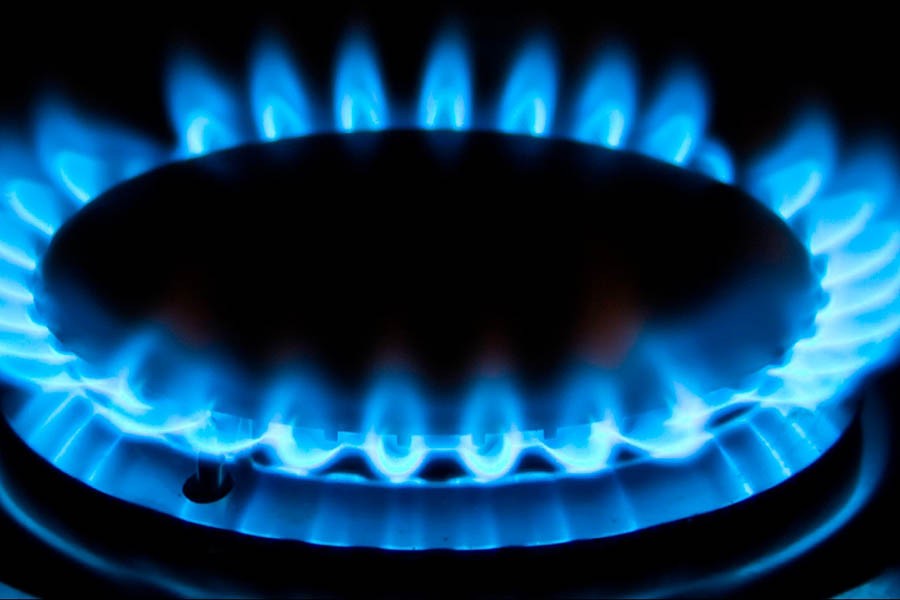The urgency the government feels to raise gas tariff at the consumer level is understandable; it has opted for import of costlier liquefied natural gas (LNG). The raise is apparently unavoidable. If there is any debate, it centres round the extent to which the hike has to be effected for different categories of consumers. Any price increase is sensitive, it is more so when it concerns utility services. This country is not rich in fossil fuel resources. Reason dictated that the country made judicious use of natural gas, its main natural energy source. But unfortunately, a gross miscalculation of the total reserve at the time of its discovery drove people at the policy level of that time mad. They declared that the reserve was unlimited and could sustain the country forever. Thus began rampant abuse of this fuel, taking advantage of a low fixed price for burning gas without ceiling.
After two massive gas-field blowouts at Magurchhara and Tengratila and an objective appraisal of other gas fields, it dawned on all concerned that the earlier prediction of unlimited gas reserve was simply bogus. Now there was need for belt tightening but still the authorities could not rein in the gas supply and distribution companies which were immersed in corruption up to their neck. Later on, the detection of thousands of illegal gas connections to entire blocks or areas around the supply lines proved how grossly a section of officials and employees of gas companies misused their power. On the other hand, deserving candidates waited for years to receive gas connection on completion of the necessary formalities. Even factories and industries including a South Korean industrial park in Chittagong could not go into operation for want of gas supply.
There was no alternative to LNG import because the domestic source is fast depleting. It has reached such a precarious stage that fertiliser factories producing the much-needed urea had to be shut down for months. How this will affect agriculture in the country is to be seen. In fact, the country has already started rationing gas for industrial use. Now a mix of LNG and local gas has become an option for meeting some of the crisis. The Bangladesh Energy Regulatory Commission on completion of a public hearing has agreed that there is a need for raising the price of the blended type of gas. This has, moreover, to be done to bring uniformity in prices.
However, the gas companies' proposal for raise is almost double the existing rate. This cannot be acceptable because its fallout on different areas of economy will be grave. This further follows the latest raises of gas tariff by 22.70 per cent last year. The lower income group in particular will feel the heat if the existing rate is raised abnormally. Even unreasonable raise for factories and industries will have serious repercussion on the price lines of commodities. Mills and factories will pass on the extra burden of cost on consumers. Fertiliser will also be costlier and farmers will be negatively affected. So, the tariff hike has to be fixed rationally.


